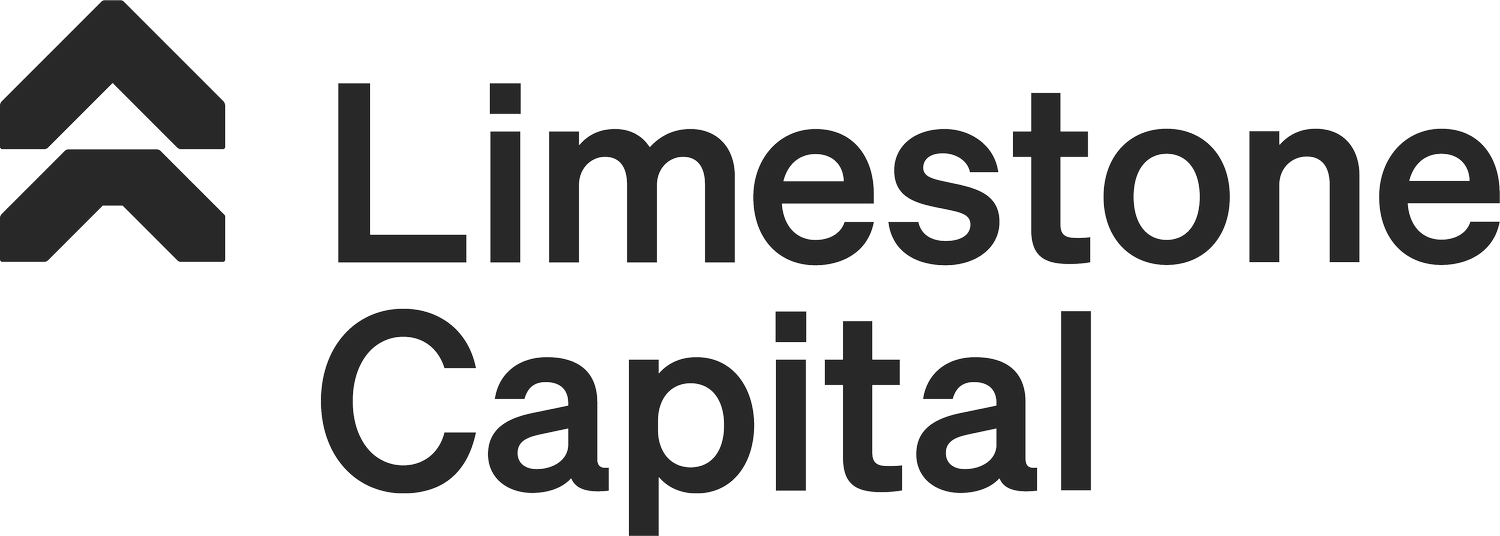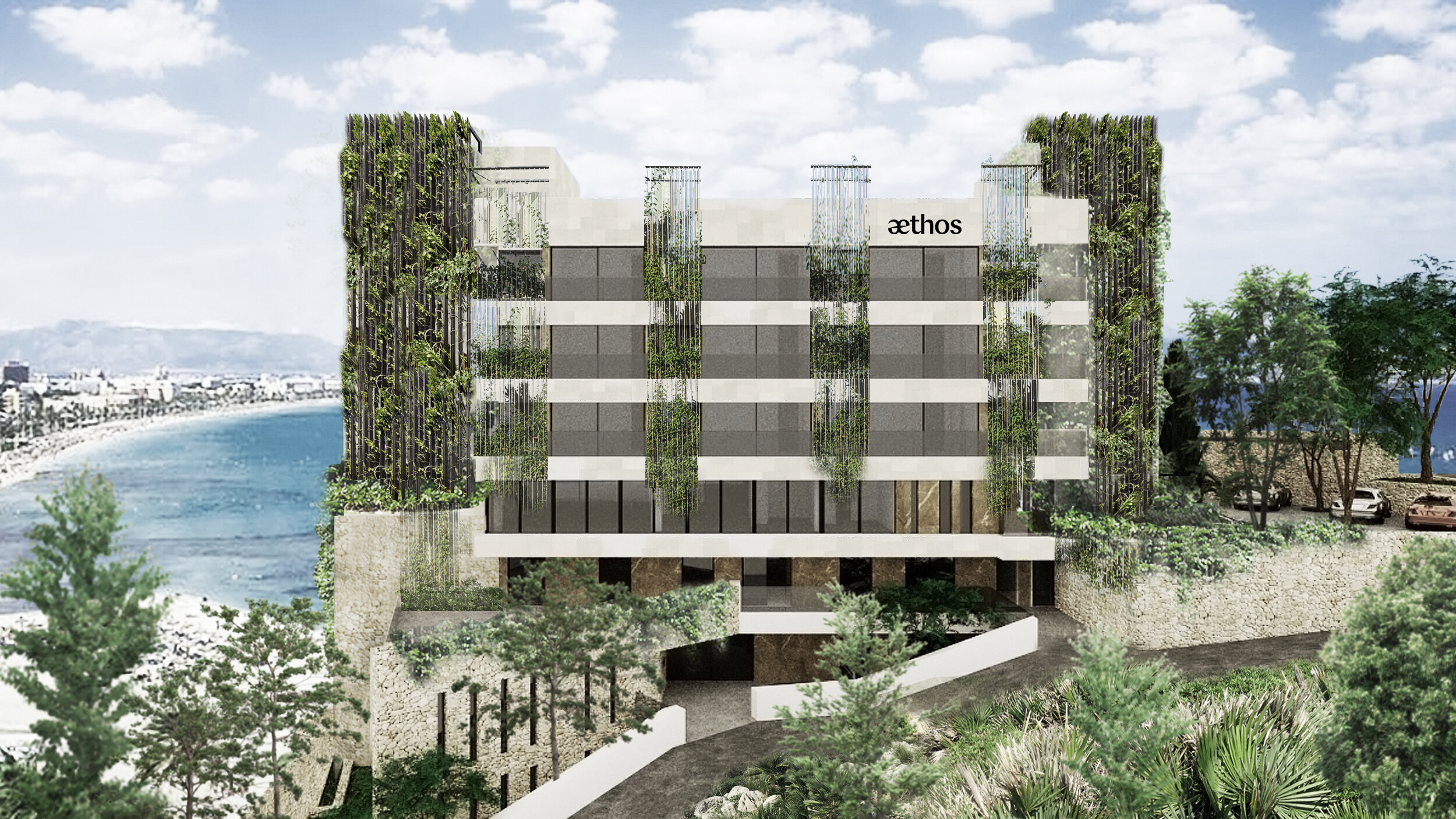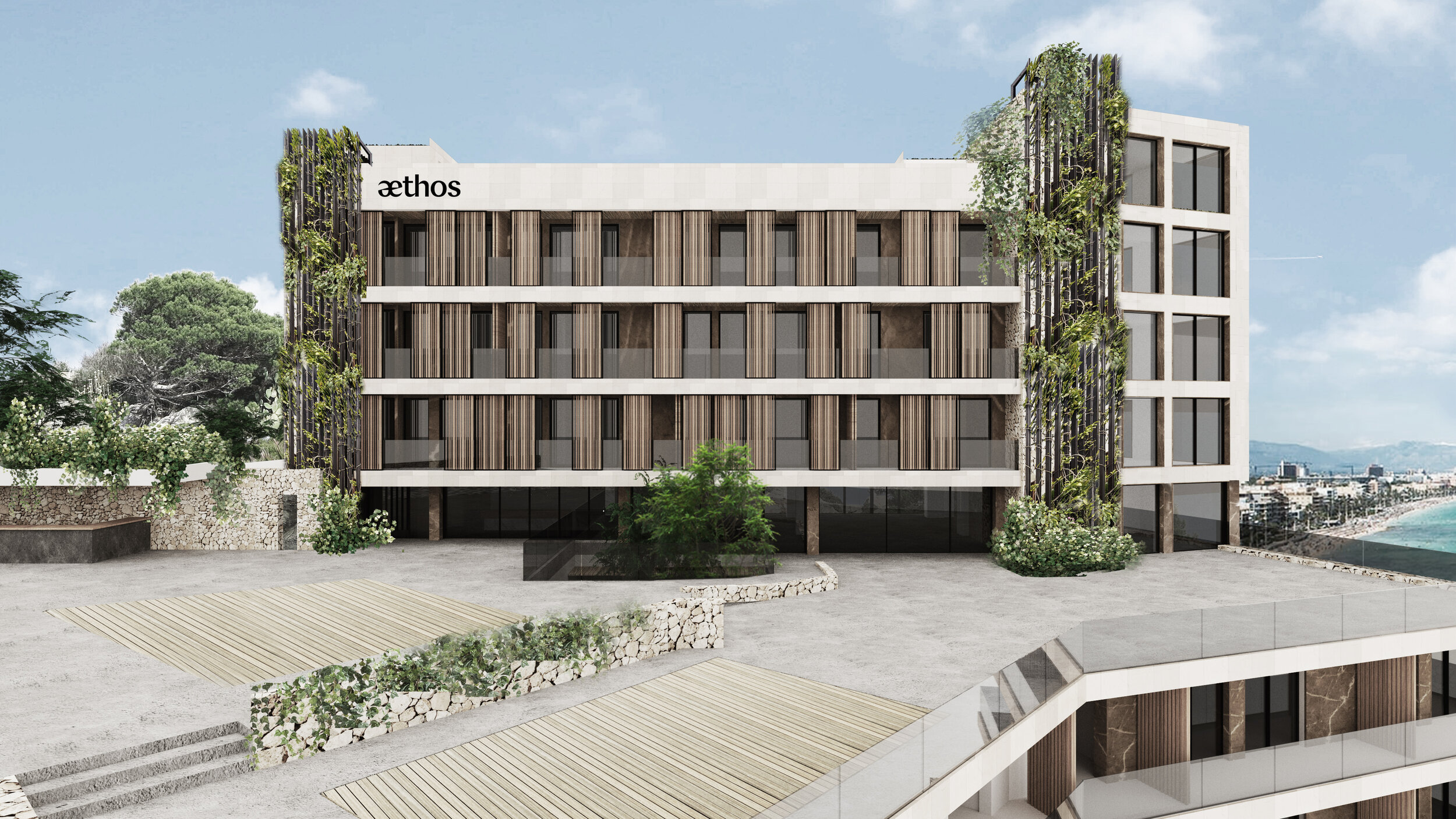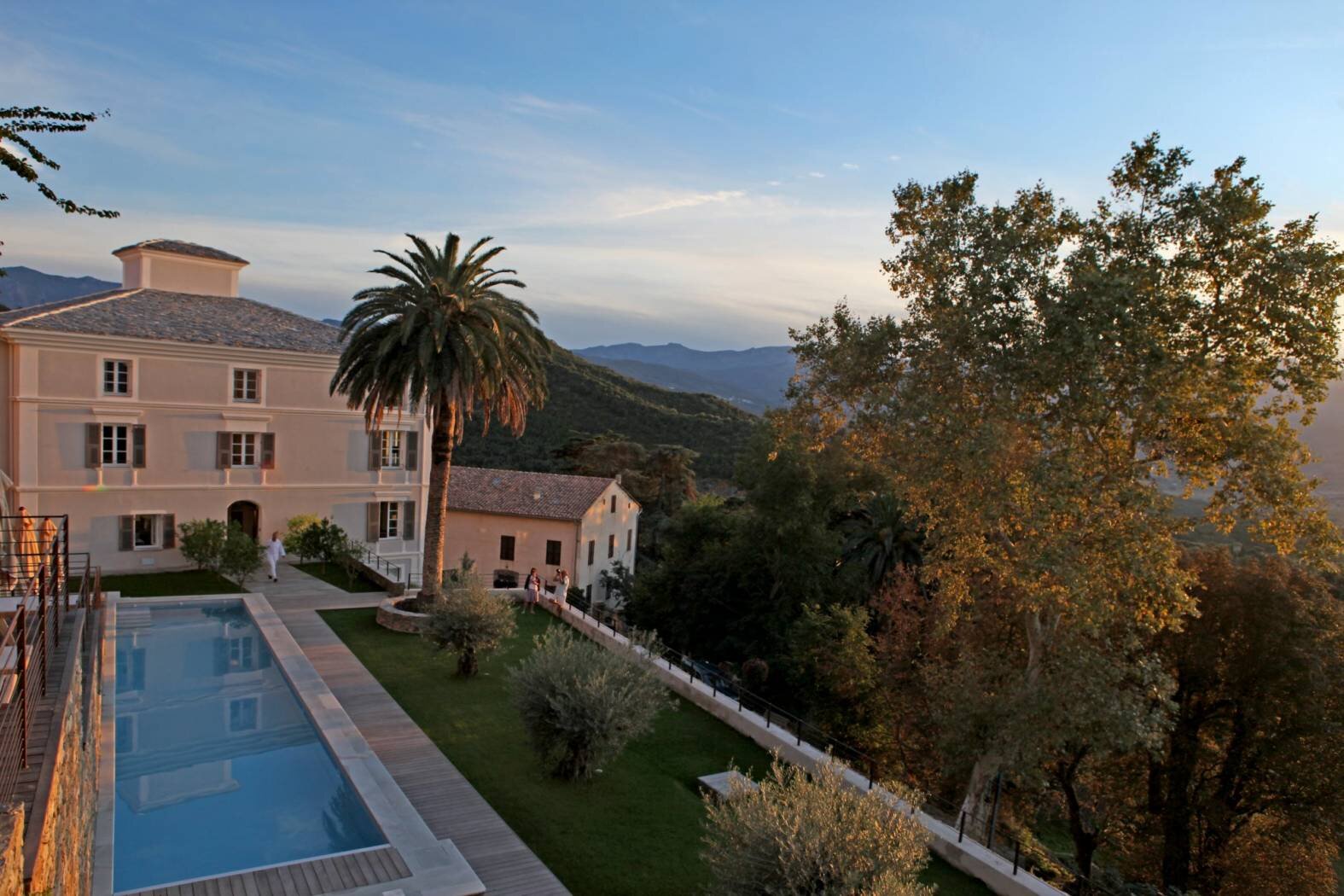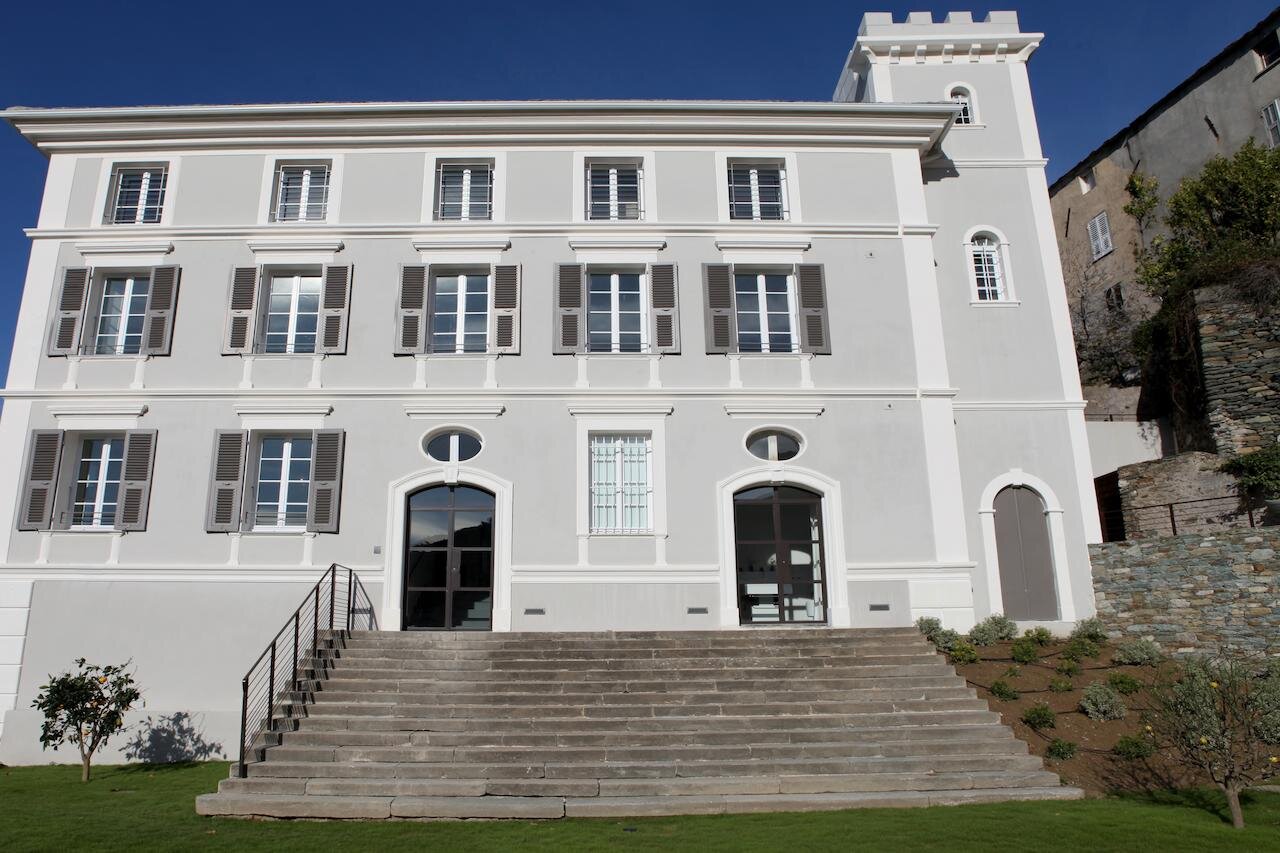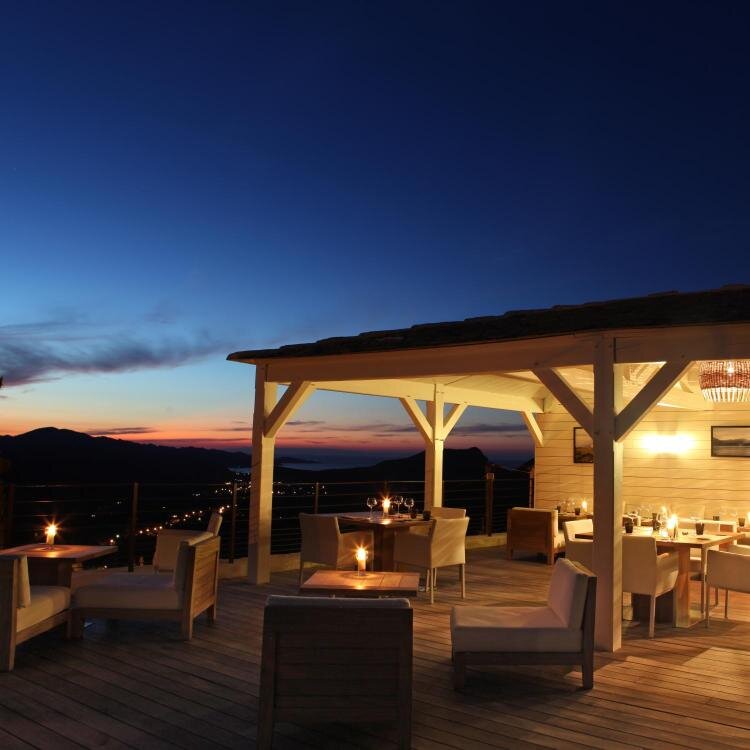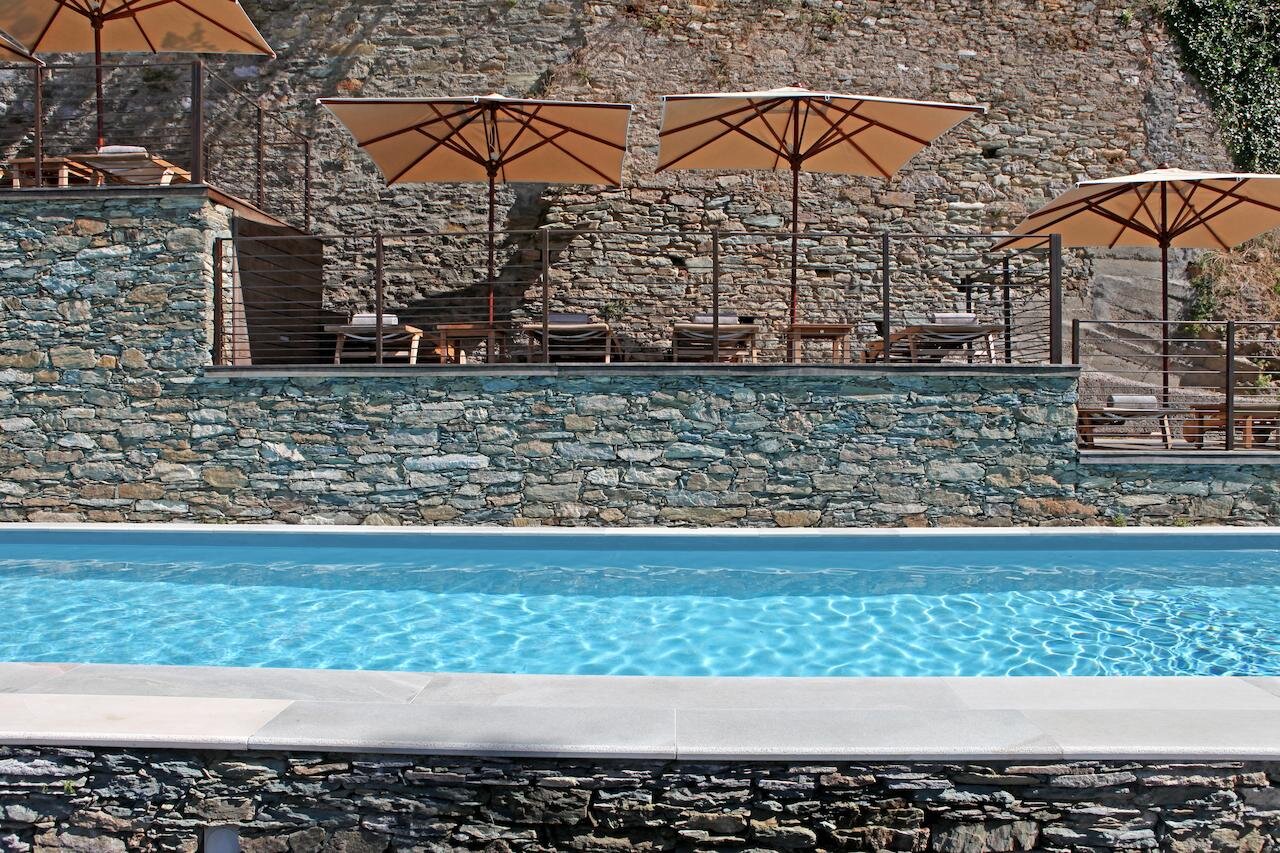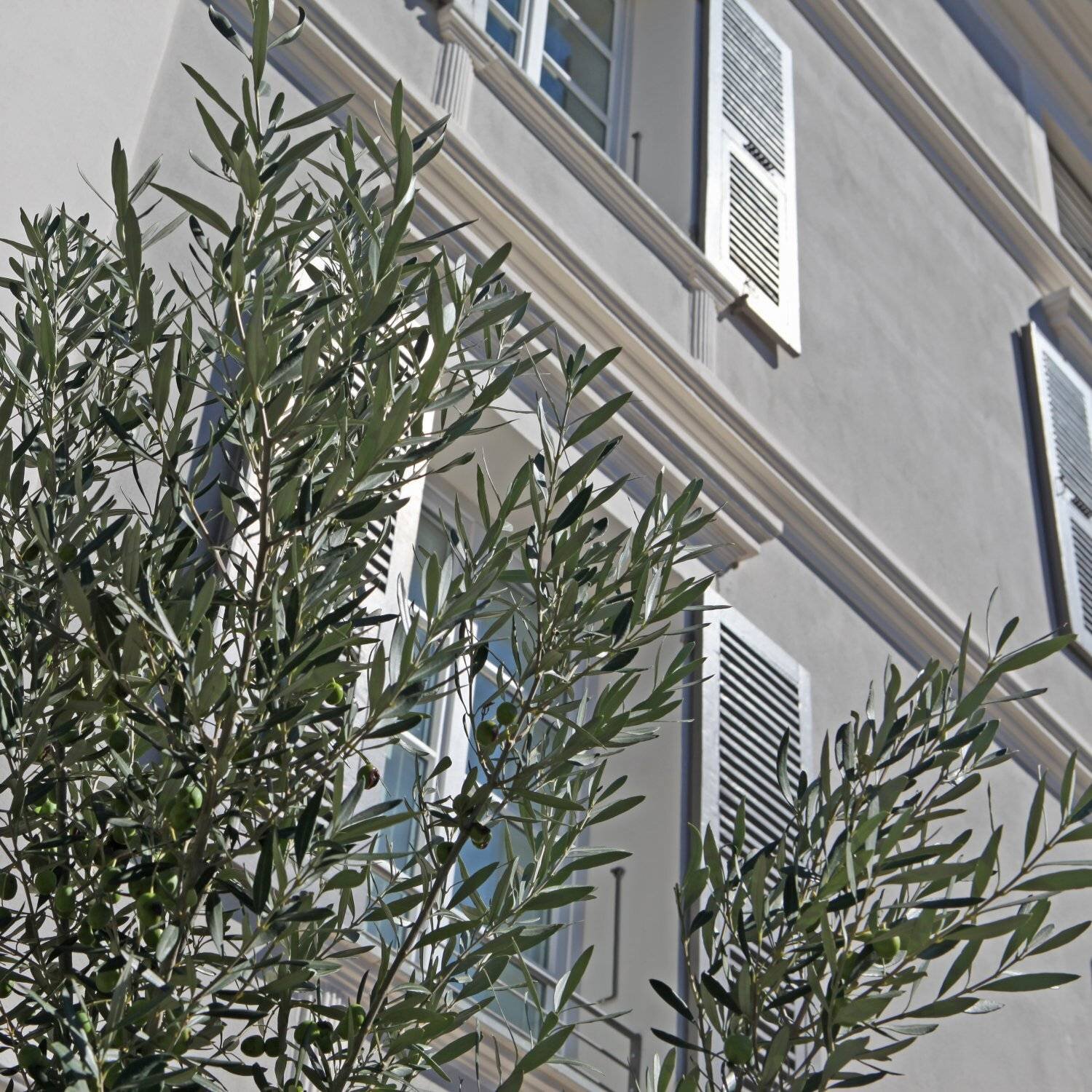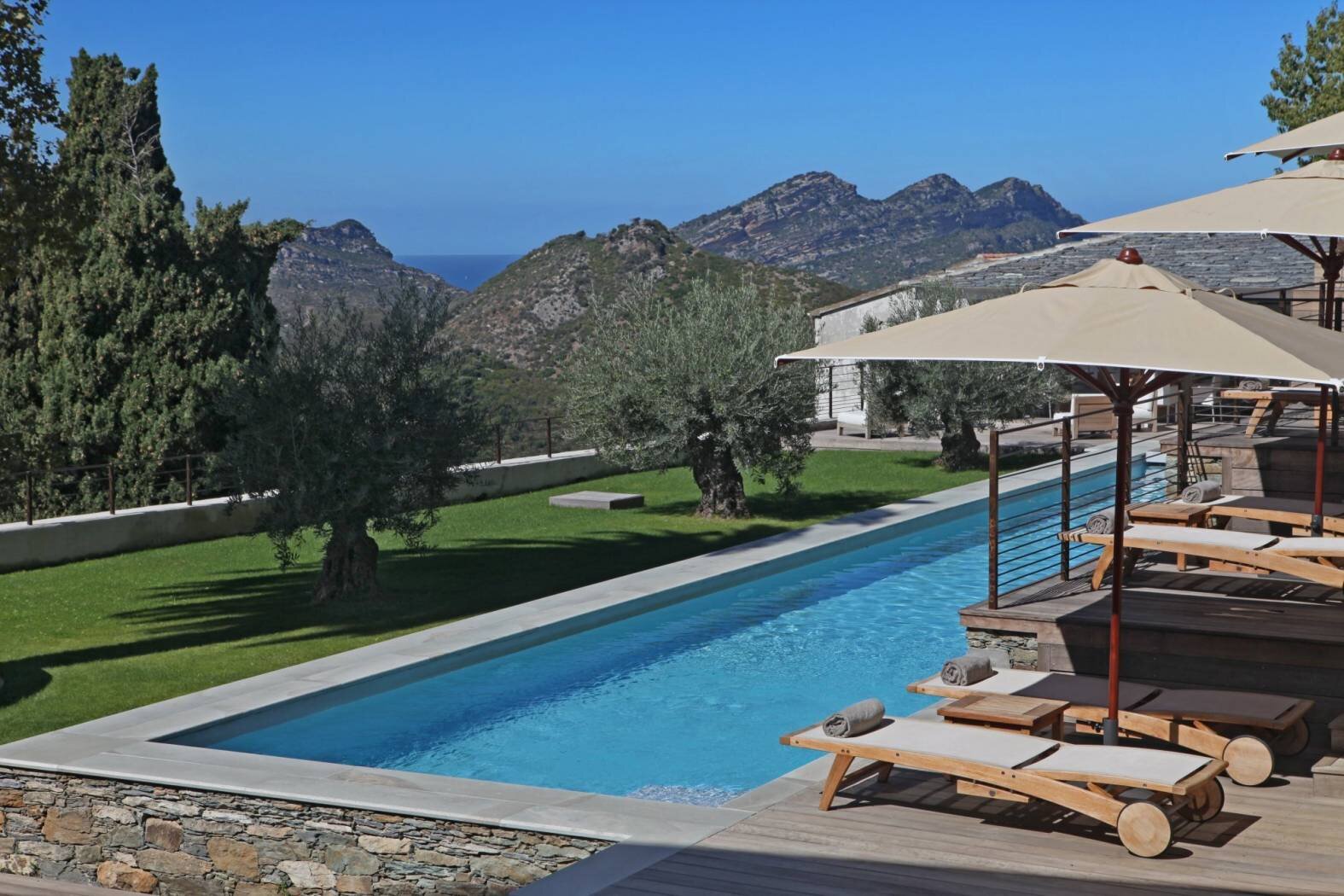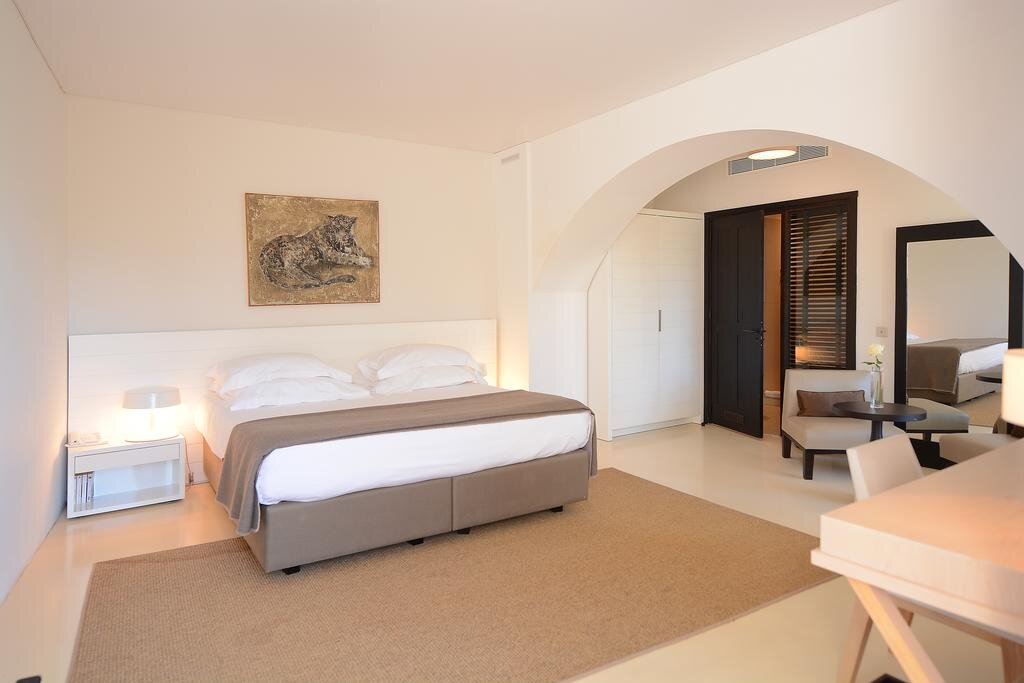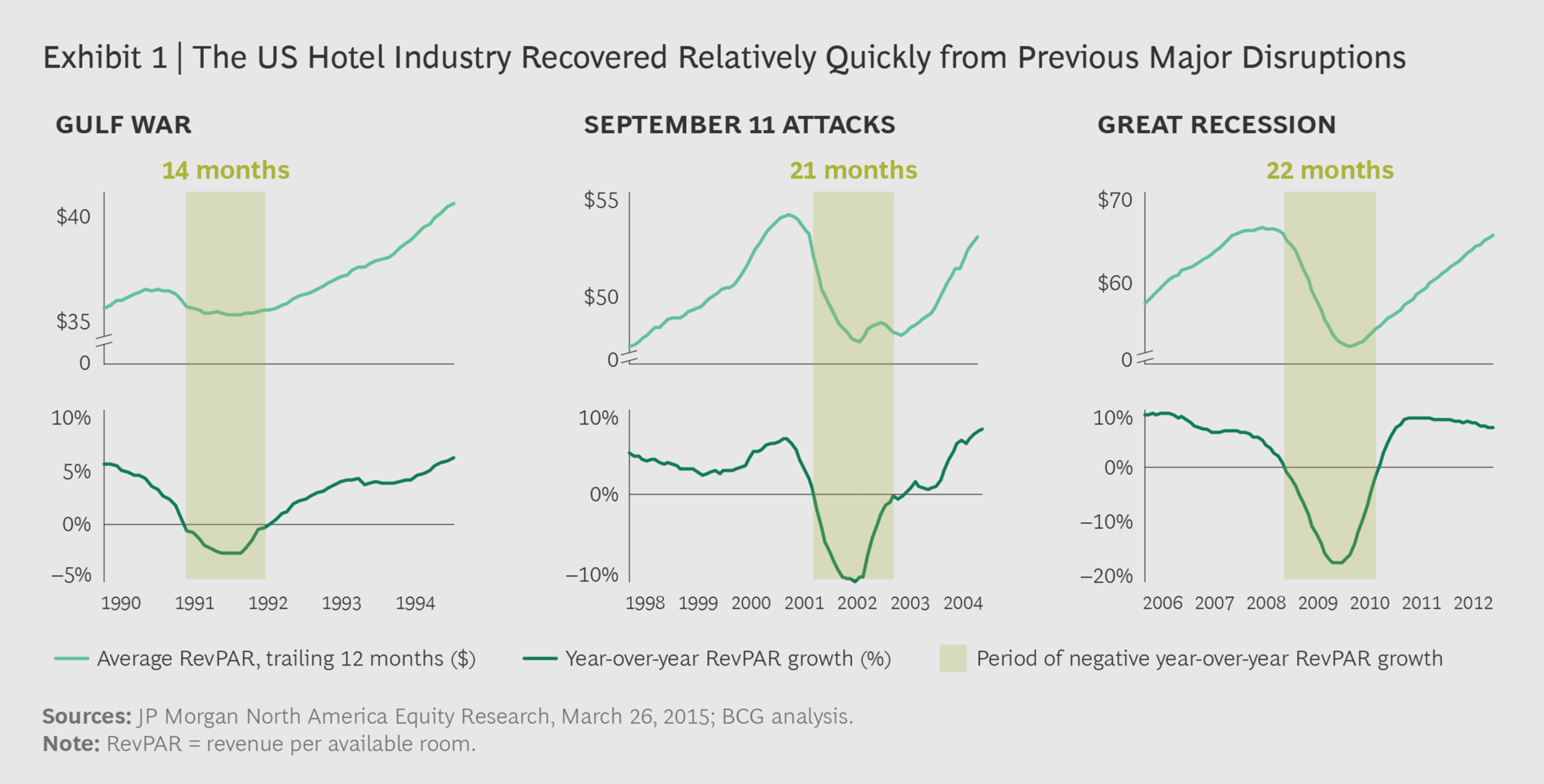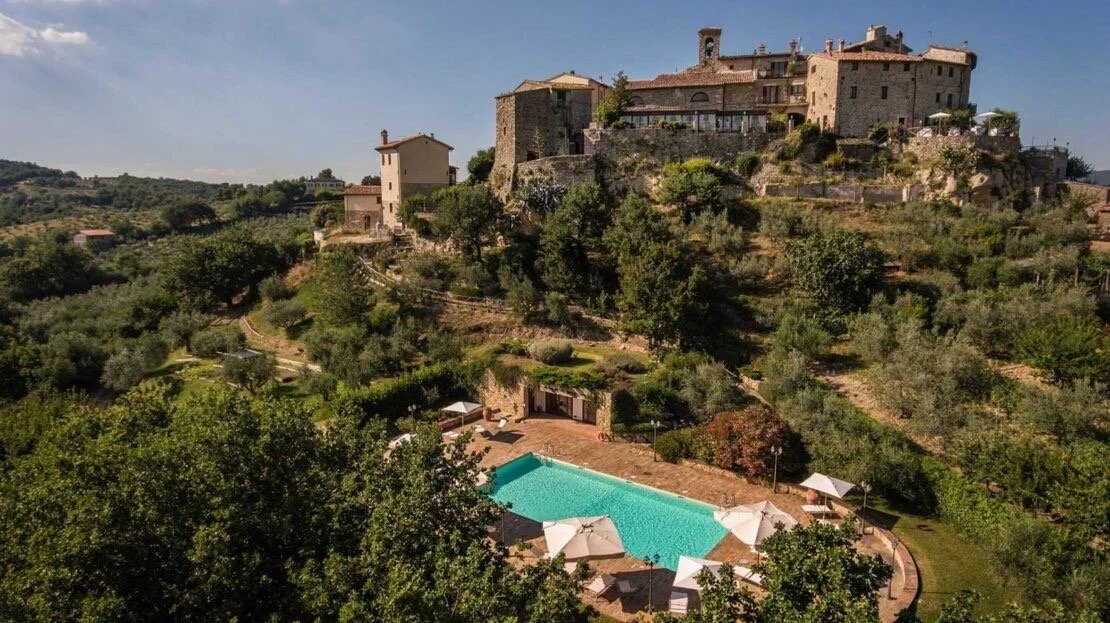By Josiah Mackenzie / originally posted on Hotels
Value can be created in any type of real estate investment, Limestone Capital Founder and CEO Benjamin Habbel said. “But you must be disciplined and truthful to your thesis,” he added.
For Habbel, that thesis is about how affluent millennials are going to be the highest spending group of travelers over the next 10-20 years, and the hospitality companies that will best capitalize on this opportunity must build differently. To do this, he draws on his experiences before becoming a real estate investor.
After working as chief of staff for Marissa Mayer at Google, Habbel started Voyat, an ecommerce company serving the hospitality industry. “Working with 200 operators and owners, we had a good perspective of what was going on across various parts of the market – from Asia to Europe, and the U.S., from large scale operators to small boutiques and everything in between,” he said.
“We looked at registers and studied PDFs. We knocked on doors and walked into buildings. We checked out properties in ways big fund managers would tell me we’re crazy to do because it wasn’t scalable in their view.” – Benjamin Habbel
Limestone Capital, with offices in Zug, Switzerland, Lisbon and London, was formed in 2018 to put money behind the opportunities he saw. Over the past four years, the firm has acquired eight properties which have been assigned to its Aethos brand. Their strategy for creating value guides how they approach deal sourcing, organizational structure, renovations, and operating culture.
Creating value through deal sourcing
Step one in delivering superior investment returns is an investor’s ability to source deals. For Habbel, finding the right partners for Limestone was important. Besides himself, there are three other general partners at the firm:
• Jeff Coe, Limestone co-founder, and Habbel’s former partner at Voyat
• Alexander Schütz, CEO of C-Quadrat quantitative asset manager, with US$9 billion in assets under management
• Christian Angermayer, who runs his family office and merchant banking business with US$3.5 billion in assets under management
Between the four partners, there are decades of experience and relationships, providing unique deal flow. For example, a member of Habbel’s club community was working with a family who was in financial trouble but didn’t want others to know. They needed to work discreetly with someone with capital in a way a traditional real estate fund couldn’t do. “This kind of access is important,” Habbel continued.
Proprietary networks are important, but you don’t get value from them if you don’t put the work in. “We hustle like other people don’t hustle,” Habble said. “I’m not sitting in a glass tower in London. I was in Venice yesterday. Jeff is in Turin today. I’m in Rome tomorrow. We meet architects and notaries. We have a different work ethic coming from the world of technology startups because we’re entrepreneurs and it’s our company.”
While others were slowing down over the past two years, Habbel and the Limestone team were hard at work. “I probably accumulated more miles during the pandemic than other investors did before the pandemic,” he said.
Before acquiring an asset in Lisbon, Habbel said they looked at 45 buildings. “We looked at registers and studied PDFs. We knocked on doors and walked into buildings. We checked out properties in ways big fund managers would tell me we’re crazy to do because it wasn’t scalable in their view,” he explained.
Limestone will only do three or four deals each year. “There are only so many hotels that we can launch and be truly authentic and deeply involved in design and architecture,” Habbel added. “Because of that, we don’t mind being extremely hands-on at every step of the way.”
Creating value through vertical integration
Limestone Capital’s vertically integrated approach – they own and operate their assets under their Aethos brand – provides another way to create value.
This happens through identifying the right properties. “When we look at deals, we know our guests at a level other investors don’t,” Habbel said. “We know what type of terrace they want. We know the type of bar and restaurants they like. We know the exact vibe they crave.” This helps Limestone filter out deals that may be good but irrelevant to their audience.
Vertical integration also helps align their teams. “We already have a team of architects, designers, interior designers, decorators, engineers, and project managers that all know the brand inside out,” Habbel said. “They have probably heard hundreds of meetings where we’ve talked about the brand and briefed everybody on what we’re building for. So, this becomes a very efficient process.”
Aethos Ericeira in Encarnação, Portugal
Finally, vertical integration provides flexibility. “We can be very creative in our choices. We’re not being dictated by a third-party operator that has a very different mindset and very different incentives,” Habbel said. “They may not care about the same things that we care about. They have a very different agenda, and unless someone pays us a massive lease where we’re guaranteed, where they take the risk, why would we give any of our properties to an operator that gives us a management contract?”
Owning and operating their hotels increases Limestone’s ability to create a superior guest experience. “Those two capabilities together are a real differentiator that the vast majority of funds don’t have,” Habbel boasted.
Creating value through renovations
Having these teams of people aligned around a shared vision of hospitality helps create value in the renovation process. “It’s very different from other investors,” Habbel said. “We are very good at taking broken real estate and turning it around.”
An example is their new surf club in Portugal. The property used to be a home for the elderly in an incredible location on a cliff. But it was too far away from anything for the owner’s purposes. The owners eventually went insolvent and the asset had far more potential as a lifestyle surf resort. “We are able to take something like this that is broken because it was mispositioned, put a significant amount of CapEx into it, and then turn it into something else,” Habbel explained.
Limestone and its consumer brand, Aethos, have brand standards, but they look different than most owner/operators. “One of our brand standards is that no assets should look alike,” Habbel said. The benefit for the traveler is that every property is different and authentic to the location.
“In Umbria, we bought a property in an ancient 13th-century village and transformed it into a boutique hotel. I guarantee you the standards there – from the room sizes to the water pressure – will be different than if it were in the city center of Lisbon,” Habbel said. “It just is, and it always will be unless you knock down the village and you put a box on top, which is not something that is authentic to us.”
Creating value through operating culture
One of Limestone’s brand standards may be that there are no brand standards, but Habbel draws on his own experience as a traveler in developing the way his hotels are operated. “It feels very organic because you’re always building for yourself in a way,” he said. “It’s a great way to start if you build something that you are not only proud to talk to your friends about but something to bring your friends to.”
A large part of that experience is provided by the people that work at the hotels. And Limestone, through its Aethos brand, strives to create a unique culture. “We don’t think of our team as hotel staff that just have stiffly defined tasks like a waiter or a bartender,” Habbel added. “We are training people to be generalist hosts and we encourage them to think of the property as their own home – from checking in a guest and serving coffee to scheduling experiences.”
Arial view of Aethos Ericeira
For example, Delfina, their chef in Saragano, often takes guests on a guided walk through their gardens or invites them to the kitchen to help cook an authentic Umbrian meal. She does that because she is empowered to create an experience that goes beyond just being a chef.
The goal is that the guest sees this and feels like they’re visiting the home of a good friend, even though they’re on the property for the first time. “This is a truly exceptional experience that brands with all the money in the world struggle to do,” Habbel said.
Culture is a differentiator and value driver for Limestone. “It’s something in our DNA, and you cannot introduce a new DNA in a company through reorganization or a training program. It’s the beauty of what we are able to do starting from scratch,” Habbel said.
Building momentum for the future
With five hotels open and more on the way, Limestone is staying true to its thesis and seeing travelers respond to its offering. “We kind of got lucky in a way that we really had the finger on the pulse and Lisbon as the first place we started was just a wonderful location,” Habbel said. “And since then, some of these trends that I described have just exploded.”
Habbel and his team also no longer explains Limestone’s investment thesis and brand concept as much as they used to. “Now these things are a given for many people and we feel very lucky to be a part of providing the future of lifestyle hospitality experiences,” he reflected.
